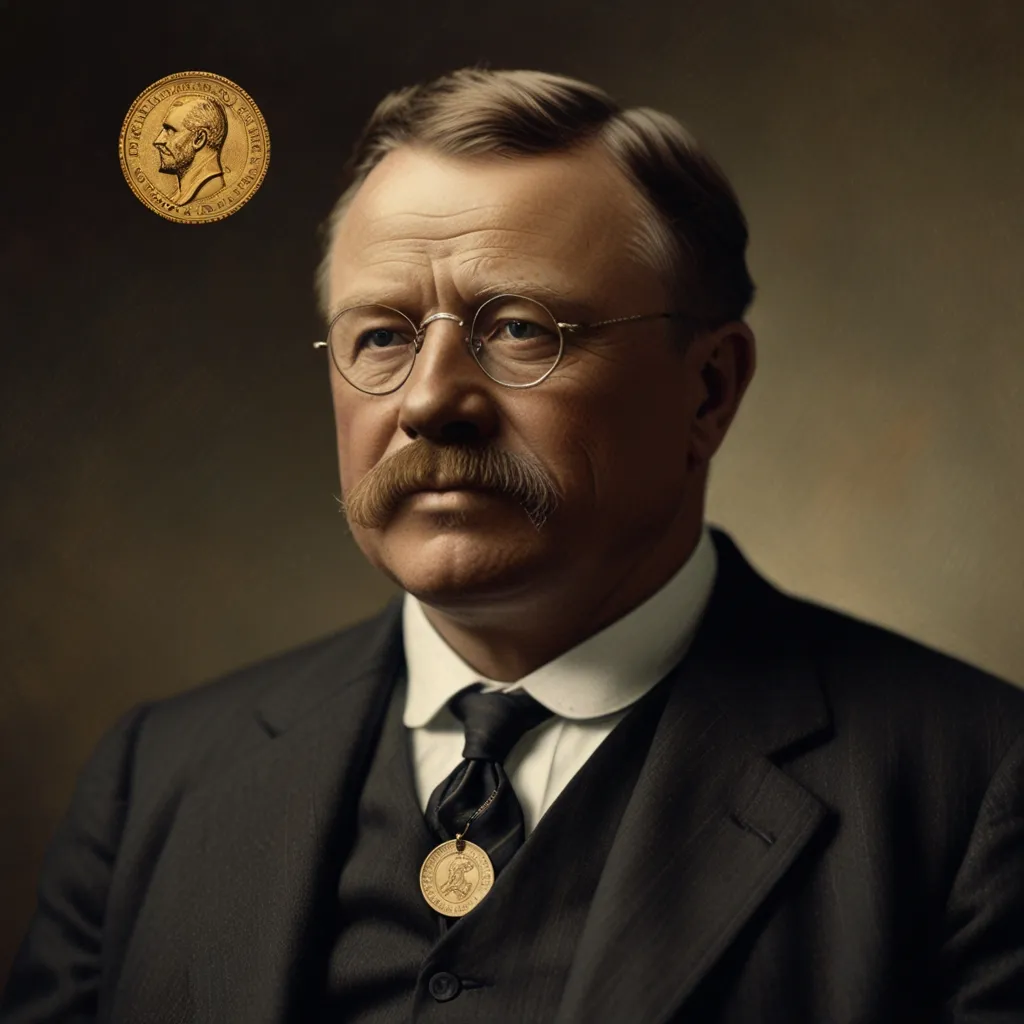Theodore Roosevelt, the 26th President of the United States, holds a special place in history as the first American to win the Nobel Peace Prize. This prestigious award was given to him in 1906 for his significant role in ending the Russo-Japanese War. Roosevelt’s efforts in negotiating the Treaty of Portsmouth, which brought peace between Russia and Japan, were recognized globally and earned him this honor.
Roosevelt’s journey to the Nobel Peace Prize began in 1904 when the Russo-Japanese War started. Initially, he supported Japan, but as the war progressed, he became concerned about Japan’s growing military power and its potential impact on U.S. interests in Asia. In early 1905, Roosevelt sent messages to the Russian government, urging them to cease hostilities and engage in peace talks. Despite initial resistance from both sides, the costly Battle of Mukden eventually led Japan to seek a settlement. Roosevelt’s mediation efforts culminated in the Treaty of Portsmouth, signed on September 5, 1905, which brought the war to an end.
The Nobel Peace Prize was awarded to Roosevelt on December 10, 1906. Due to his busy schedule, he could not attend the ceremony in Norway, so he requested that Herbert H. D. Peirce, the U.S. Ambassador to Norway, accept the prize on his behalf. In his acceptance speech, Roosevelt expressed his deep gratitude and announced his intention to use the prize money to establish a permanent Industrial Peace Committee in Washington. This committee aimed to improve relations between capitalists and wage workers, reflecting Roosevelt’s belief in the importance of peace in both international and industrial contexts.
Roosevelt’s commitment to peace was not limited to international conflicts. He believed that peace was essential in the industrial world as well. His vision for the Industrial Peace Committee was to foster better and more equitable relations among Americans engaged in industrial and agricultural pursuits. This initiative was in line with the spirit of Alfred Nobel, the founder of the Nobel Prizes, who sought to promote peace and understanding.
Theodore Roosevelt’s legacy extends beyond his Nobel Peace Prize. He was a pioneering figure in American politics, known for his progressive policies and his role in shaping the United States into a global power. His influence on international relations and his commitment to peace have left a lasting impact on world history.
In summary, Theodore Roosevelt’s achievement as the first American to win the Nobel Peace Prize is a testament to his dedication to peace and his ability to mediate complex international conflicts. His efforts in ending the Russo-Japanese War and his vision for industrial peace continue to inspire leaders and scholars around the world.






